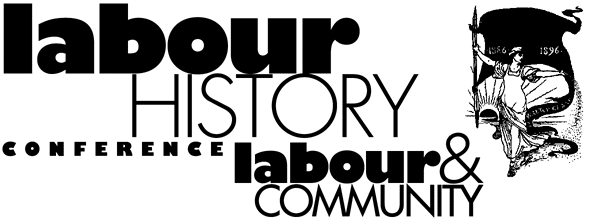Start Date
4-10-1999 2:00 PM
End Date
4-10-1999 2:30 PM
Description
Peter O'Connor died in June this year. O'Connor had fought in the International Brigades in Spain, joined the IRA, and helped refound the Communist Party of Ireland. A requiem mass for the old communist was held in the Cathedral of the Holy Trinity in Waterford.! Funerals for civil war volunteers like O'Connor occur from time to time around the globe. They are occasions to be remarked on as oddities in the local press [a communist funeral in a cathedral in Ireland!] and which, momentarily, draw together the remnant left of the inter-war labour movement. Such funerals apart, the Spanish Revolution and Civil War rarely evoke either faith or solidarity. For the labour movements most enmeshed in the Spanish struggle of the 1930s, the sixtieth anniversary of Franco's victory, which passed on 31 March this year, has meant little. Decades, years, days even, have shrunk this most visceral crisis down to just another anodyne 'event' and labour movements in retreat, in almost all of the places which sent men, women and material aid to Spain, can find neither inspiration nor warning in the revolution which, while promising the greatest emancipation, ended in tragedy. The purpose of this paper is to ask what role memories of Spain might have in labour politics at the end of the century?
Labour Movements and Memories of Spain
Peter O'Connor died in June this year. O'Connor had fought in the International Brigades in Spain, joined the IRA, and helped refound the Communist Party of Ireland. A requiem mass for the old communist was held in the Cathedral of the Holy Trinity in Waterford.! Funerals for civil war volunteers like O'Connor occur from time to time around the globe. They are occasions to be remarked on as oddities in the local press [a communist funeral in a cathedral in Ireland!] and which, momentarily, draw together the remnant left of the inter-war labour movement. Such funerals apart, the Spanish Revolution and Civil War rarely evoke either faith or solidarity. For the labour movements most enmeshed in the Spanish struggle of the 1930s, the sixtieth anniversary of Franco's victory, which passed on 31 March this year, has meant little. Decades, years, days even, have shrunk this most visceral crisis down to just another anodyne 'event' and labour movements in retreat, in almost all of the places which sent men, women and material aid to Spain, can find neither inspiration nor warning in the revolution which, while promising the greatest emancipation, ended in tragedy. The purpose of this paper is to ask what role memories of Spain might have in labour politics at the end of the century?


